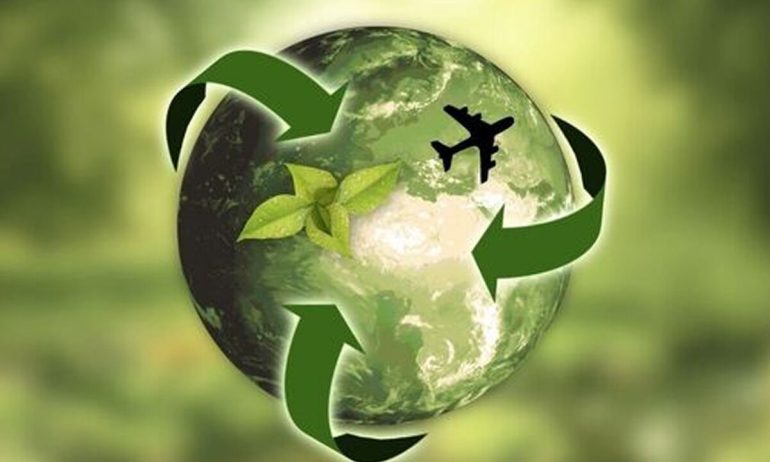For a greener future, green travel should take the place of mass travel. Sydelle FernandesHans News Service | 14 April 2024 5:11 AM GMT Highlights But, the news is not so good when it comes to the surroundings. Tourism, which accounts for 8 % of global greenhouse gas emissions, contributes to climate change. Also, less expensive flights and simple journey make it clear that large tourism is putting an unnecessary strain on native ecosystems and communities. Mass tourism, also known as over tourism, is defined as” the movement of a large number of organized tourists to well-known holiday destinations for recreational purposes.” It describes the use of standard vacation items and large usage that is commonly associated with different sectors, such as the clothing industry, and is frequently associated with the traditional vacation package. Although visitors have a fairly minimal impact on personal lives, the sheer volume of visitors to well-known locations has a significant impact on the environment when it comes to energy hospitality. Around 95 % of tourists from around the globe travel to only 5 percent of its landmass. This places a significant burden on a limited number of well-known tourist destinations. The liberalization of travel, which has resulted in more cheap transportation and less expensive hotel accommodations, is what gave rise to this mass tourism. Since the 1950s, the rise in the travel industry has consistently increased, creating enormous profits and creating tasks in many nations and communities. The number of foreign tourists visitors in 2023 totaled just under 1.3 billion, which is not far off the top of over 1.4 billion in 2019. And while this might be good for the economy, tourism receipts will reach$ 1.4 trillion in 2023, which can unfavorably affect local communities, environments, and historical sites. The fact that large hospitality puts a lot of pressure on local resources is even more troubling. In some destinations, the influx of tourists leads to a major rise in water consumption, usually in areas where ocean is now a scarce resource. This rising desire may cause local communities to experience water shortages. Also, the need for building materials to build motels, hotels and various tourist facilities usually leads to overexploitation of natural sources. A rise in demand in the food sector can also lead to overcrowding and another unsustainable practices that cater to foreign tourists ‘ varied tastes. On the other hand, responsible tourism is the opposite of large travel. It’s a method that incorporates sustainable development into vacation. The World Tourism Organization ( WTO ) defines sustainable tourism as” tourism that takes full account of its current and future economic, social, and environmental impacts, addressing the needs of visitors, the industry, the environment, and host communities”. In essence, this includes social conservation, which emphasizes the well-being of local communities, respecting their cultures and traditions, and ensuring that commerce does not cause cultural movement or abuse, as well as environmental sustainability, which promotes the preservation of biodiversity and natural habitats, and ensures that commerce contributes positively to the financial well-being of network destinations. Sustainable tourism is increasingly focusing on the idea of” slow travel” as we get closer to 2024. This strategy involves less frequent travel but staying longer at each destination. It’s about getting immersed in the local culture, environment and community, rather than hopping quickly from one tourist spot to another. Slow travel makes for a more meaningful and enriching experience, allowing visitors to fully absorb and appreciate the subtilties of various cultures and locations, and reducing carbon emissions! Travelers can influence a more sustainable and responsible tourism culture in 2024 by adopting these practices, which prioritize the quality of the experience over the quantity of destinations. Governments and local authorities are increasingly cognizant of the value of promoting sustainable transportation. Many nations and regions have created accessible public transportation passes to encourage both locals and tourists to choose greener travel options. These initiatives significantly increase access to sustainable travel and significantly reduce CO2 emissions. The importance of eco-responsible tourism cannot be overstated as we strive for a more sustainable future. By adopting practices such as supporting local economies, choosing green transportation, consuming local products, and minimizing waste production, we, as travellers, can make a huge impact when it comes to preserving the cultural and natural heritage of our destinations. This altering travel style enhances both our own experiences and those of the future, preserving the wonders of the world for future generations to explore and cherish.
·3 min read
For a greener future, green vacation may take the place of mass transportation.

















































